.jpg)
No planning for the area identified for land use rights auction
Presenting the Proposal for the Law on amending and supplementing a number of articles of the Law on Urban and Rural Planning, Minister of Construction Tran Hong Minh said that in the draft Law on amending and supplementing Article 3 on the Urban and Rural Planning System to clarify the relationship with the national planning system to ensure consistency and synchronization with laws such as the 2025 Revised Planning Law Project, the 2025 Revised Land Law Project and the draft Resolution of the National Assembly stipulating a number of mechanisms and policies to remove difficulties and obstacles in organizing the implementation of the Land Law... at the same time, stipulating the urban and rural planning system in accordance with the organization of 2-level local governments.
Accordingly, it is clearly defined that the Master Plan of the urban and rural system is a national sectoral plan and the preparation, appraisal, approval, announcement, implementation, assessment and adjustment of this plan are carried out in accordance with the provisions of the law on planning. The planning of cities (under the central government) and new urban areas expected to become cities (under the central government) is established at 3 levels (general - subdivision - detailed). For urban areas under provinces and functional areas that are economic zones and national tourist areas, 2 levels (general - detailed) are established. For the remaining areas, on the basis of provincial planning, 2 levels (sub-division - detailed) or 1 level is detailed planning are established.
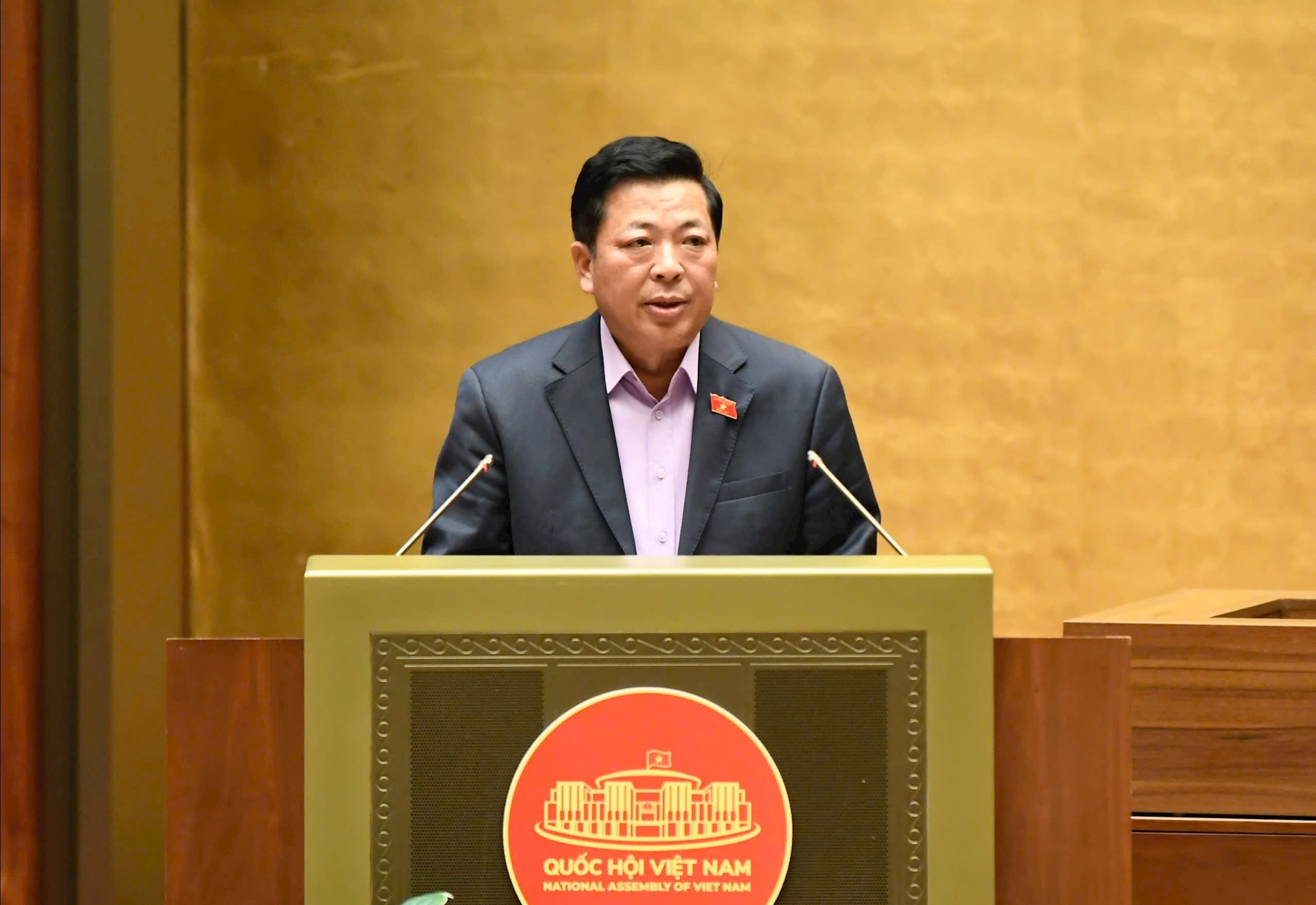
Amend and supplement Point b, Clause 6, Article 3, in which the adjustment does not stipulate planning for "areas identified for auction of land use rights according to land law" to be consistent with the draft Resolution of the National Assembly stipulating a number of mechanisms and policies to remove difficulties and obstacles in organizing the implementation of the Land Law.
The draft Law contains many provisions to promote decentralization and delegation of power. In particular, the task of organizing planning of the Ministry of Construction has been decentralized, delegated or abolished, the Ministry of Construction does not organize urban and rural planning.
The Prime Minister's authority to approve planning tasks, general urban planning and new urban areas with a forecast population size equivalent to a type I urban area in a province, or planning tasks, general planning of national tourist areas are decentralized to the People's Committees at the provincial level. The Prime Minister's authority to approve detailed planning of defense and security projects that need to ensure state secrets is decentralized to the Minister of National Defense and the Minister of Public Security.
To suit the practical conditions of the locality and the capacity of the commune-level professional agencies, the draft Law has supplemented Article 41 with provisions: "Based on the requirements for development management, conditions and capacity of the People's Committee at the commune level and the professional agencies with the function of managing urban and rural planning at the commune level, the Provincial People's Committee shall decide to decentralize and authorize the People's Committee at the commune level to approve the general planning of the commune". The draft Law does not specifically stipulate the scale of planning drawings in the Law; the Minister of Construction is assigned to provide detailed regulations.
Continue to review to ensure consistency with the draft Law on Planning (amended)
In the summary report of the Law Project Review Report, Chairman of the Economic and Financial Committee Phan Van Mai said that the Committee agreed with the political basis, legal basis and practical basis of amending and supplementing the Law on Urban and Rural Planning according to the shortened procedures and order with the viewpoints and purposes stated in Submission No. 1009/TTr CP.
.jpg)
In the process of completing the draft Law, it is recommended to continue reviewing and ensuring the consistency and uniformity of the draft Law with related Law projects and draft Resolutions of the National Assembly, and simultaneously submit it to the National Assembly at the 10th Session. In particular, carefully assessing the impact of the amendment of the Planning Law has not yet fundamentally resolved the obstacles and difficulties, potentially creating new bottlenecks in the implementation process, affecting urban and rural planning...
Regarding the City's master plan (Article 22), many opinions in the Committee believe that, in the new context, it is only necessary to establish a single Master Plan for the City on the basis of consolidating the contents of the City's Master Plan and the Provincial Plan. Some opinions, based on the opinions in Report No. 255/BC-BXD and Submission No. 1009/TTr - CP, continue to propose to establish separate Provincial Plan and City Master Plan, suggesting specific amendments in the draft Law on Planning (amended) on the content of the Provincial Plan for the City to only determine major development orientations, strategic orientations, distinguish it from the City's urban development orientation in the City's Master Plan and distinguish it from the Provincial Plan for the provinces.
Regarding the authority to approve the Provincial Planning and the City Master Plan, the Committee found that there is no consistency between the draft Law on Planning (amended) and this Law. In the case of still establishing the Provincial Planning and the City Master Plan separately, some opinions suggested adjusting the authority to approve the City Master Plan under the City People's Committee, in line with the provisions of the draft Law on Planning (amended), to avoid conflicts and contradictions in the process of organization and implementation; at the same time, it is recommended to review and adjust accordingly in Article 41 of the draft Law for a number of plans that are currently stipulated to be approved by the Prime Minister.
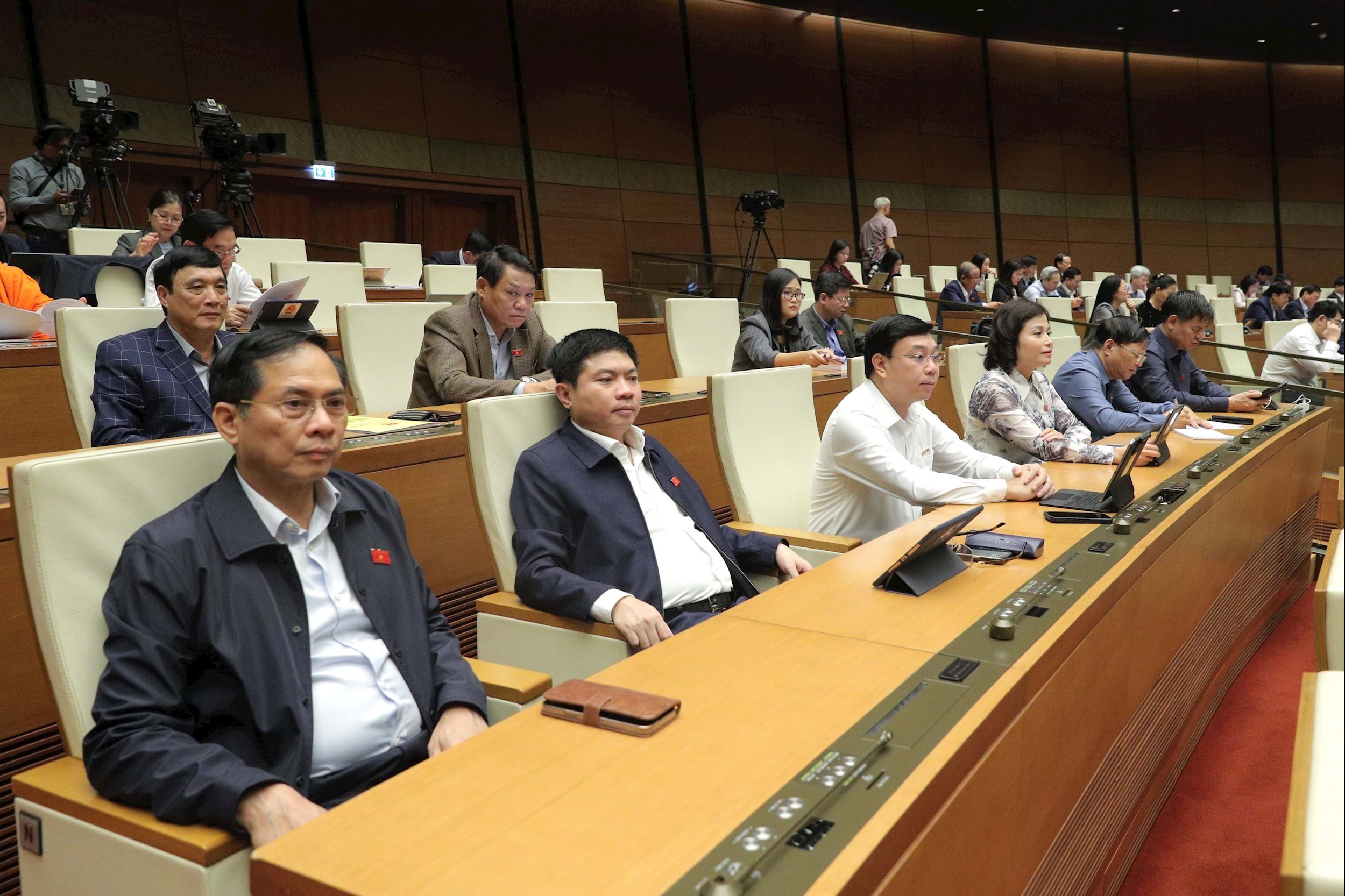
Some opinions agreed with the Government's Submission on the proposal to retain the Prime Minister's authority to approve the City's Master Plan because the City has an important position and role in the socio-economic development of the region as well as the whole country; suggested continuing to review regulations on the content of the Provincial Plan and the City's Master Plan to ensure that there are no obstacles to the implementation process, the Government directs the issuance of detailed regulations, implementation instructions and implementation organization to ensure real effectiveness.
Source: https://daibieunhandan.vn/de-xuat-chi-lap-mot-quy-hoach-tong-the-duy-nhat-doi-voi-thanh-pho-10394804.html






![[Photo] Da Nang: Hundreds of people join hands to clean up a vital tourist route after storm No. 13](https://vphoto.vietnam.vn/thumb/1200x675/vietnam/resource/IMAGE/2025/11/07/1762491638903_image-3-1353-jpg.webp)







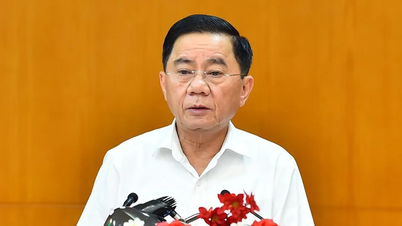
















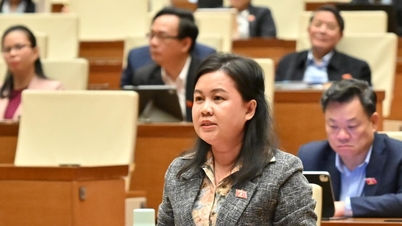











































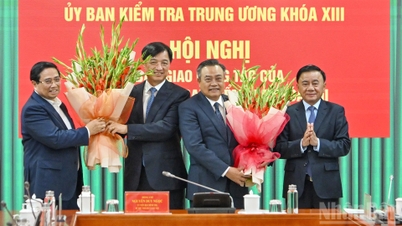
















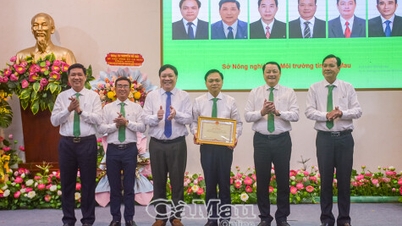


















Comment (0)